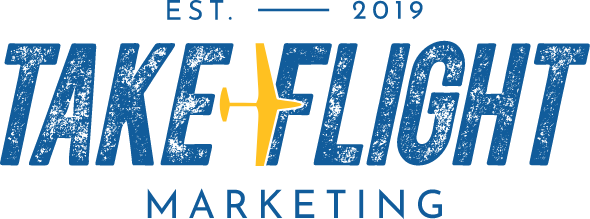Mind Matters: How Marketers Are Embracing Mental Health Awareness & Self-Care
In honor of Mental Health Awareness Month, dive into our latest blog where we explore how marketers are embracing the crucial movement of mental health awareness and self-care.
In the realm of paid advertising, marketers are not only focused on driving sales and conversions but also on making a positive impact on society. Mental health awareness and self-care have become prominent causes that marketers are championing through paid ads. In this blog, we'll explore how marketers are leveraging paid ads to promote mental health awareness and encourage self-care practices. Discover how paid ads can be a powerful tool in spreading awareness, providing resources, and fostering a culture of mental well-being.
Targeted Messaging for Awareness: Paid ads allow marketers to craft targeted messaging that raises awareness about mental health issues and the importance of self-care. By utilizing precise audience targeting options offered by platforms like Google Ads, Facebook Ads, or LinkedIn Ads, marketers can reach individuals who are more likely to resonate with their mental health-focused messaging. This ensures that the right people receive the necessary information and resources.
Amplifying Educational Content: Paid ads can be used to amplify educational content related to mental health awareness and self-care. Marketers can create informative blog posts, videos, or guides and promote them through paid channels to reach a wider audience. By sharing valuable knowledge and resources, they help individuals gain a better understanding of mental health topics and provide them with tools to prioritize their well-being.
Encouraging Engagement and Action: Paid ads can prompt viewers to take action by engaging with mental health campaigns or seeking out self-care resources. Marketers can include compelling call-to-actions that encourage viewers to visit websites, participate in surveys, sign up for newsletters, or access mental health support services. By guiding individuals towards helpful resources, marketers play a vital role in fostering a proactive approach to mental health care.
Collaboration with Mental Health Organizations: Paid ads offer an opportunity for marketers to collaborate with mental health organizations and amplify their initiatives. By partnering with reputable organizations, marketers can promote mental health campaigns, events, or helplines through paid channels. This not only increases the reach and impact of these initiatives but also demonstrates the brand's commitment to supporting mental health causes.
Measuring Impact and Optimizing Strategies: Paid ads provide robust tracking and analytics capabilities that enable marketers to measure the impact of their mental health-focused campaigns. Through data insights, marketers can evaluate the effectiveness of their ads, identify areas for improvement, and optimize their strategies for better results. This data-driven approach ensures that the marketing budget is allocated efficiently and maximizes the impact of mental health awareness initiatives.
Paid ads have the power to go beyond traditional marketing goals and contribute to important causes like mental health awareness and self-care. By leveraging targeted messaging, amplifying educational content, encouraging engagement, collaborating with mental health organizations, and measuring impact, marketers can use paid ads as a tool to promote mental well-being on a broader scale. Let's embrace paid ads as a means to raise awareness, destigmatize mental health, and foster a culture of self-care and support.

